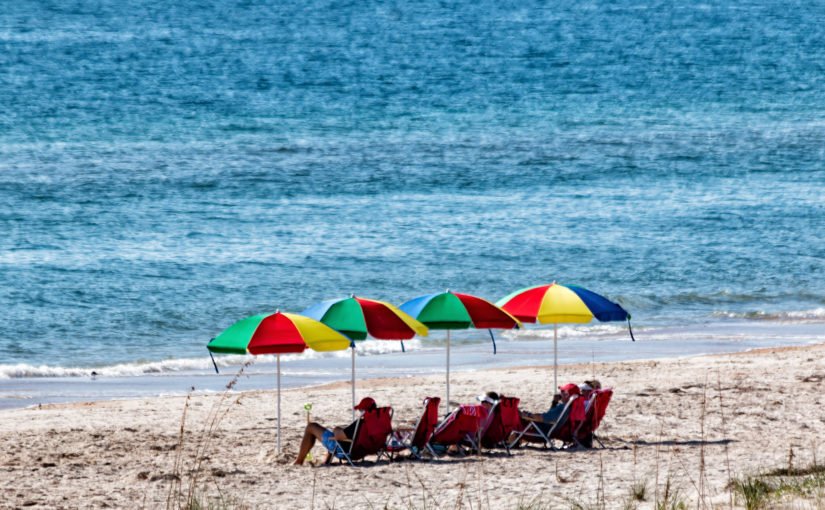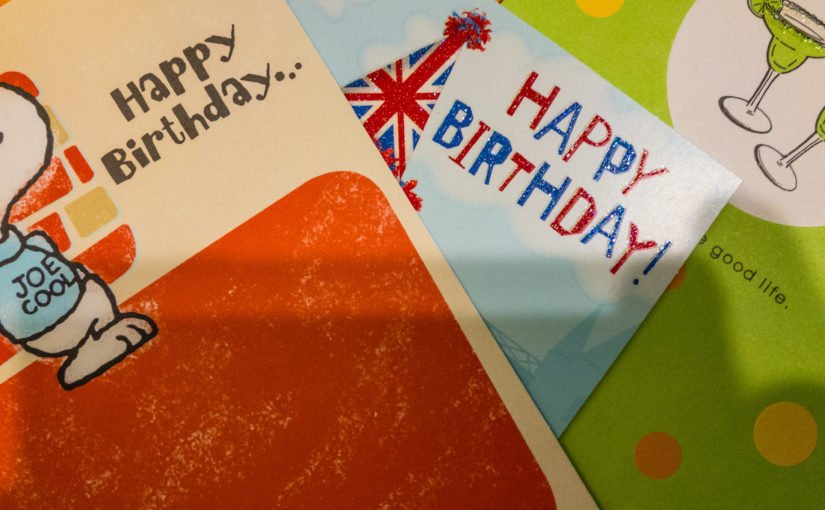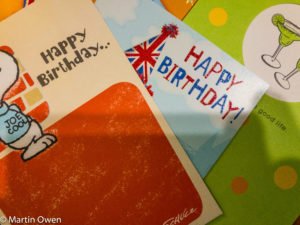Generational disruption and other buzz words…..
An old joke in the ‘80s and ‘90s was “ I bought a video recorder that was ‘so simple, a 5 year-old could program it’. I ended up having to get my 5 year-old to program it as I couldn’t’.”
That five year old is now likely a Millennial generation adult and is having a major disruptive effect on the whole of the tourism industry.
The Millennial generation now comprises around 25% of the US population according to the US Census Bureau and they travel a great deal. PhoCusWright reports that 71% take at least one trip of three nights or less, 42% travel internationally (compared with 28% of older travelers), and they are twice as likely as older generations to take longer trips of 14 nights or more.
The Millennial generation also travel differently than previous generations in that they don’t always stay in hotels. They stay with friends and they use services like Airbnb. They don’t always use taxis, car services or rental cars – they use Uber and Lyft.
Unlike previous generations, they may take more trips but spend less. They are more connected, with 90% owning a smart phone – compared to 57% of older travelers – which 66% use to shop or buy travel. They use a wide variety of sources for their research and booking from OTAs, review sites like TripAdvisor and of course peer advice shared through a whole raft of social networking.
According to Samantha Worgull of ‘Hotel News Now’ and PhoCusWright, Millennials tend to book at the last minute with 23% booking less than one week before departure.
They seek experiences and want to share those with their peers and families through social networks. Experience is the whole raison d’etre for their traveling. No matter if this foodie, eco-tourism, adventure or pure excitement. The simple fact is that this group want to do more than lie on a beach.
To return to the old joke about video recorders, those same adults who sought advice from their children are now Boomers and are again seeking advice from their Millennial offspring. They want to where and how to buy their travel. They want reassurance that Airbnb or Uber are safe.
Marcello Gasdia, senior analyst of consumer research at PhoCusWright said during a recent conference “Millennials have been the trend setters, they are the ambassadors of technology.”
So, this is the disruptive influence the Millennial generation is having on the whole tourism industry:
They book late
They look for value
They seek experiences
They share their trips with others
They research intensively
They influence older travelers
How does this affect the traditional providers of tourism products?
For airlines and hotels the loyalty of the Millennial traveler cannot be guaranteed. Many fewer are members of loyalty programs, 22% compared with 41% of older travelers. The inference is that they may not trust the advertising and promotion of established companies blindly. They are more likely to take advice from friends and independent reviews, and change their booking habits accordingly.
Travel agents as we knew them are largely a thing of the past, particularly in the USA. In Europe and Canada the situation is slightly different but certainly the old style travel agent is dead. In their continuing quest for value, On-Line Travel Agents (OTAs like Expedia) are well in the mix to seek bargains and value. Anything that is not an ‘experience’ like a conventional hotel room or condo becomes a commodity, to be booked wherever the best deal can be found – preferably at the last moment.
The last minute tourist is still looking for the destination experience, the tour (hopefully not conventional but personally led by a local!) or activity will probably be left until arrival when the weather and local area has been checked out. Tour and activity booking specialist TripShock! confirm that most of their bookings are made after a guest arrives in the destination. Where does the Millennial tourist find the information? Again, peer advice or advice of a local. Local tourist boards (CVBs, Chambers of Commerce and similar organizations) are seemingly trustworthy sources, particularly in areas where the likes of TripAdvisor or Expedia do not have much content (Virtually everywhere except places like Orlando, New York or Las Vegas!).
The problem with local tourist organizations is that on the whole they further refer visitors to individual tour providers for follow up. Given the attention span of website visitors, they want to get advice and book there an then, not have to make lists and do even more research.
Experience from tourist organizations in New Orleans shows that if they offer advice and reviews and then enable on-site, immediate booking it results in more bookings for local businesses, happy tourists and a bonus of commission payments to the tourist board.
Disruption is a current buzz-word, but the Millennial generation has disrupted life in the tourism industry worldwide. Not only by their different travel habits and use of technology; their search for ‘experience’ and value, but also their influence on the other generations of traveler. Particularly the Boomer generation. The important factor with this group is that they have more opportunity to travel and have a higher disposable income. They also learn fast when it comes to technology.
The Boomers also learnt, back in the day, to listen to their offspring……









